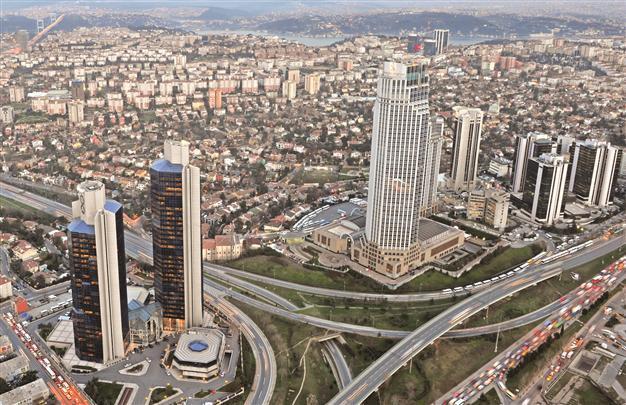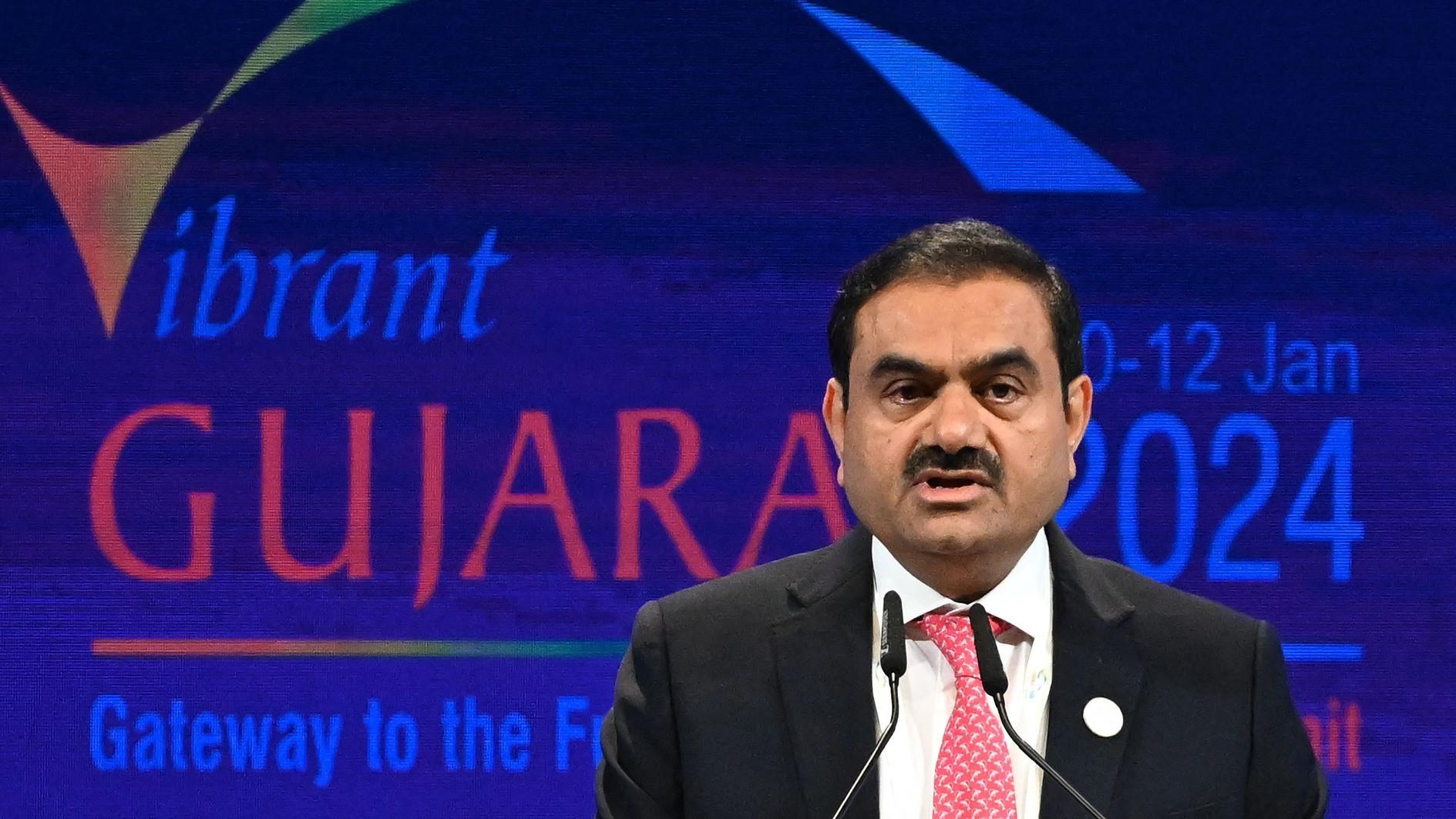Turkey drops six places in world competitiveness report
GENEVA / ISTANBUL

Hürriyet Photo
Turkey has declined six places to 51st out of 140 economies in this year’s World Economic Forum (WEF) Global Competitiveness Index, mainly due to the deterioration in the country’s institutional structure and rising political uncertainties holding back private investments.The report underlined the current lack of necessary structural reforms to sustain Turkey’s long-term competitiveness.
“[There has been] a general decline in almost all factors driving competitiveness, with 10 out of 12 pillars registering a lower score than in the past edition. The assessment of institutions experiences the most severe drop, falling to 75th. The country’s delicate political phase, along with the geopolitical conflicts the country is engaged in, have set a climate of uncertainty that tends to hold back private investments, especially those coming from international investors that are crucial for Turkey’s development,” stated the report, which was released on Sept. 30 in coordination with the TÜSİAD Sabancı University Competitiveness Forum.
Investments have also been restrained by the uncertainty linked to a high level of inflation and by a slight decline in the efficiency and confidence in the local financial sector, according to the report.
“In particular, policy should address the excessive reliance on external financing and the rigidity and inefficiency of a labor market that is 127th among all countries, which has been a drag on productivity for a long time,” said the report.
Investments that have been made to improve the transport infrastructure and the relative good performance in the efficiency of the goods market only partially offset the lack of structural reforms that are crucial to sustain Turkey’s long-term competitiveness, the report warned.
The country has a GDP of $806.1 billion according to 2014 purchasing power parity, a per-capita income of $10,482, and its GDP accounts for 1.40 percent of the global total, according to the report.
Turkey ranked 45th among 144 countries last year and 44th among 148 countries in the year before.
Dramatic rise in India
This year’s list was topped by Switzerland, followed by Singapore, the U.S., Germany and the Netherlands.
Among the larger emerging markets, South Africa progressed seven places to 49th place, while China held steady at 28th, Indonesia was 37th, dropping three places, and Brazil was 75th, the Switzerland-based WEF said.
In a dramatic turnaround, India climbed a spectacular 16 places to the 55th position among 140 economies this year.
The report also warned of rising uncertainties in the world economy, underlining the importance of maintaining productivity.
“Seven years after the beginning of the financial crisis, its consequences are still being felt around the world.
The recovery has been less robust, more uncertain, and taken longer than many expected, suggesting a ‘new normal’ of low economic growth, low productivity, and high unemployment. Recent shocks — from the crisis in Ukraine to conflicts in the Middle East, terrorism, and the migrant crisis — have added to economic woes,” said the report.
“In the face of such fragile economic recovery and geopolitical turbulence, the analysis in this chapter has demonstrated the importance of competitiveness — understood as the drivers of higher productivity — in supporting growth and economic resilience,” it added.
















